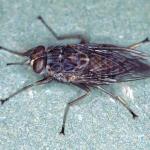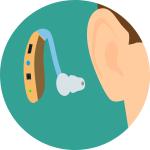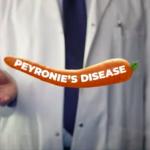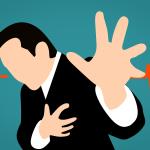What do we know about immunity?
Disease
If you've been closely following the pandemic from the beginning (I hope you're enjoying the Prozac), it should be obvious how little we really knew about COVID a year ago. Social distancing? Did it really work? Maybe.
Within high-density lipids are proteins, apolipoproteins to be exact, that bind to fats to aid transport and assist in metabolism. One of them, apolipoprotein L1 (APOL 1), is a ubiquitous but relatively minor player in fat transport.
The study looked at the expression of genes among exclusive users of e-cigarettes, smokers including dual users, and controls without any tobacco use. The dual users may muddy the waters, but you can apply as much salt as you will.
“The highest burden occurs in countries where health systems are weakest and medical resources sparse.”
Even though television commercials for prescription drugs run the gamut from repulsive to loathsome, by now we are mostly inured to the endless list of hurl-worthy side effects (1).
“On the back end of this Delta wave, you’re going to see prevalence be very low across the country. ….. I think we’re close to the end of this….We’re going to see a holiday spike, there’s no question about that.”
Before jumping into the study, we need to understand how elevated cholesterol causes cardiovascular problems. If the truth is told, sharing this information was one of the reasons I chose the study to share.












